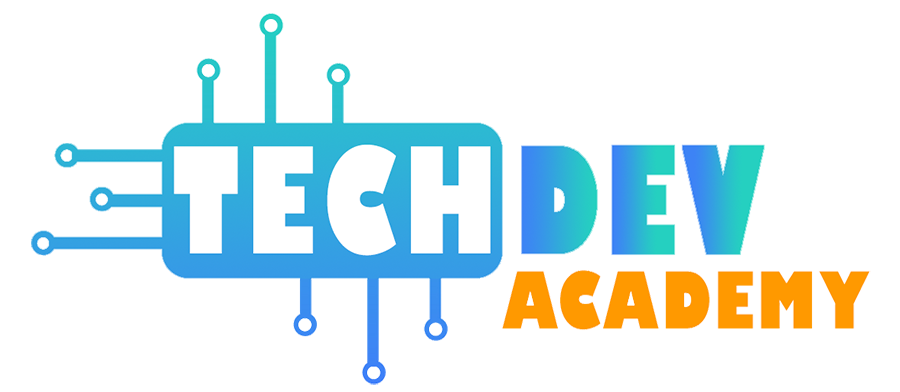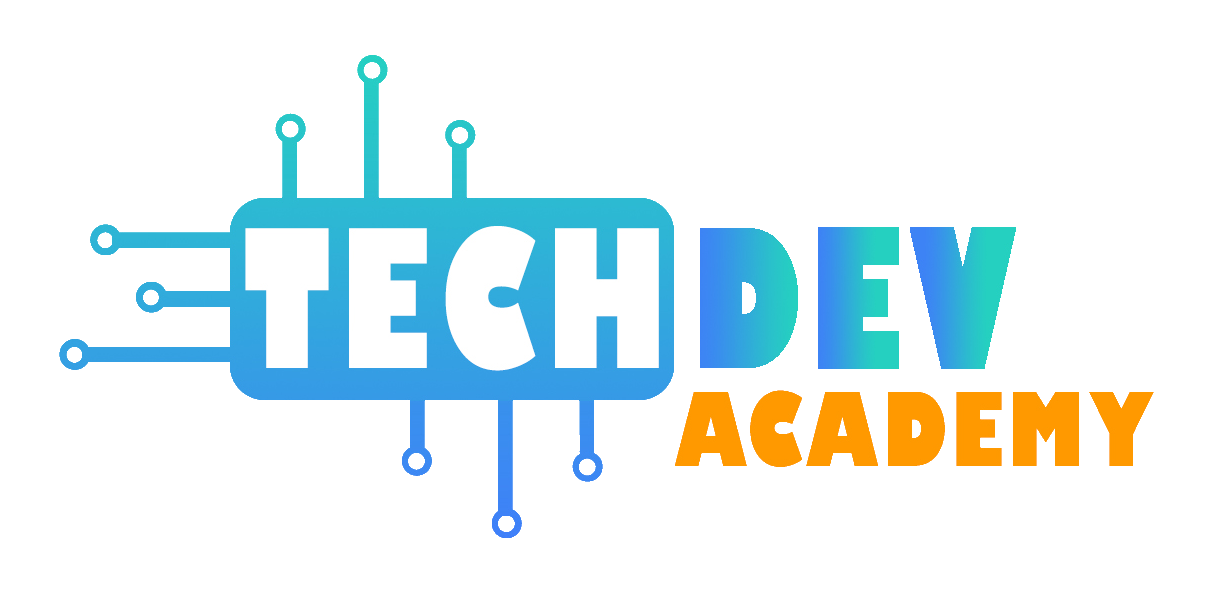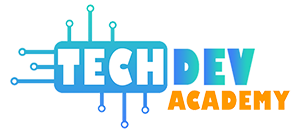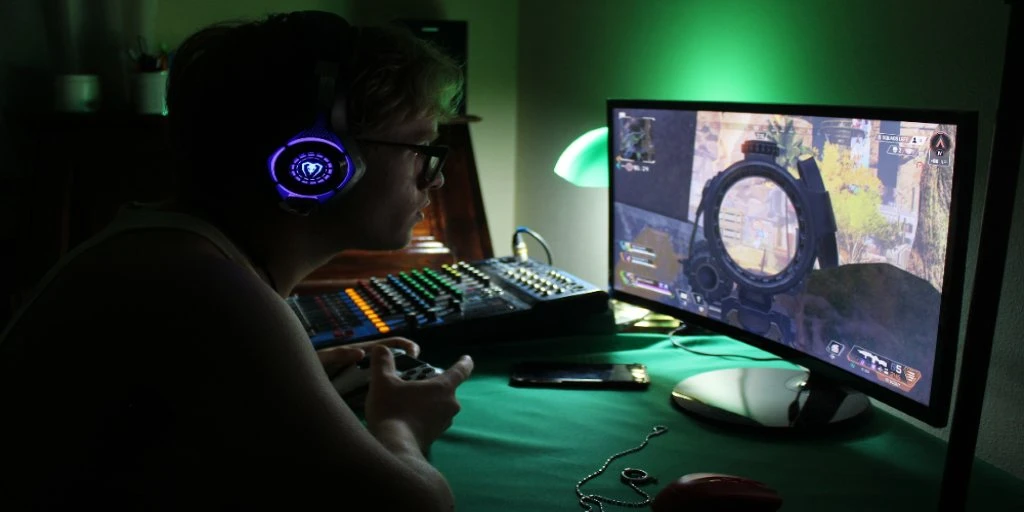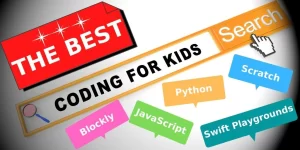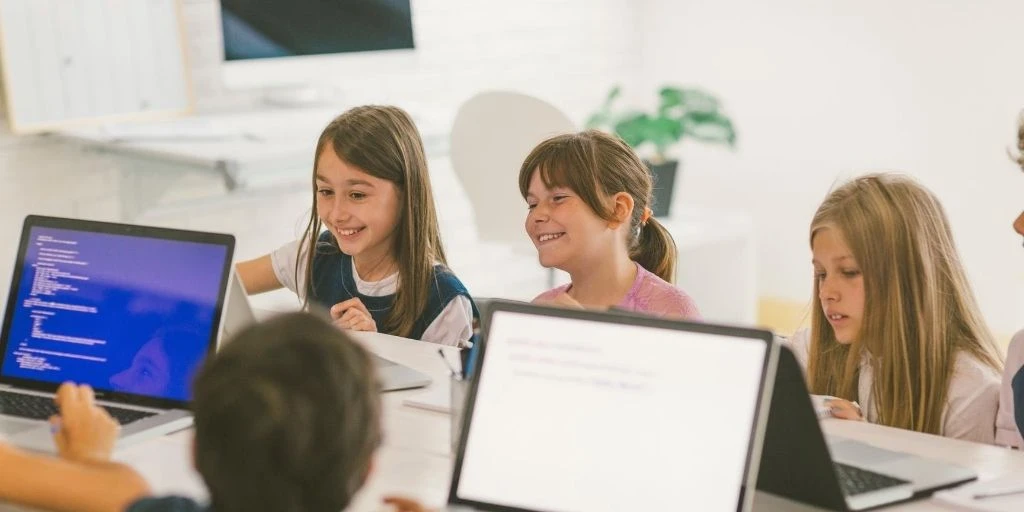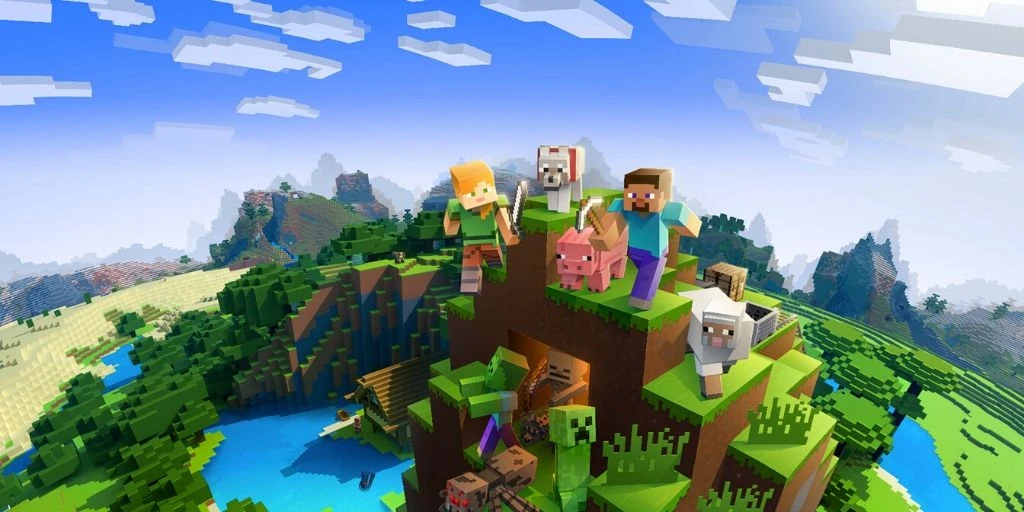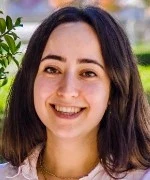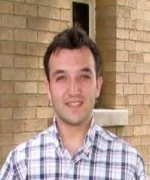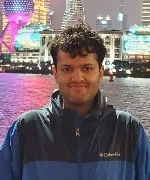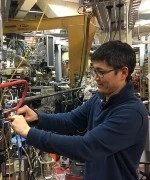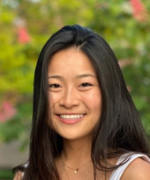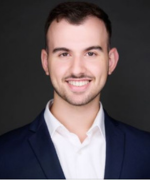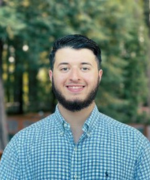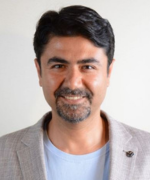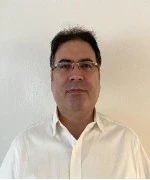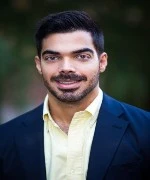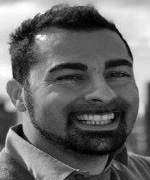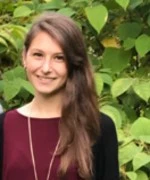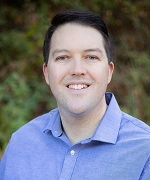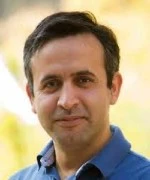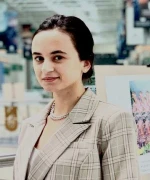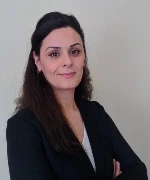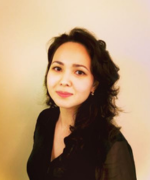Game Developer Kids: From Obsession to Coding
We, as parents, often become worried about watching our kids becoming obsessed with playing video games. But did you know that, if guided toward the proper direction, it could greatly help them to become game developer kids in the future?
It might sound surprising but according to statistical projections, by 2021, the global video game industry revenues are projected to surpass 138 billion U.S. dollars. And in terms of the PC gaming market only, in 2021, the worldwide value is projected to reach a whopping 45.5 billion U.S. dollars.
While these are just two of many projections on the game industry, we think they’re enough to understand that why we should not discount the kids’ passion toward games, at least for the sake of a possibly prospective career.
However, to direct the kids’ obsession with games toward game development, you need to follow some specific methods.
Why You Shouldn’t Discourage Your Kid from Playing Games
If you’re a concerned parent worrying about your kid spending lots of time in front of a screen, this section is for you as we’ve outlined the major benefits of gaming for kids.
- As the game industry has been booming, in the future, there’ll be a far bigger gap between the demand and supply for skilled programmers and developers in the industry. Even today, there’s a significant shortage of suitable professionals in the STEM job industry. And those are the disciplines that revolve around the skills that game developers generally tend to be proficient in.
- Though how much a game developer can earn depends on many factors like experience, skills, etc., in general, the amount is quite good. To help you get an idea, in 2018, the average annual salary of video game designers stood at $90,270. And can you imagine how much the developers, who create the next big thing on their own, can earn? It could be as much as 100 million USD in a year!
- Game development involves much more than only technology. Apart from a robust background in computer science, game developers typically have a skill and passion for art and design, as well as, bringing creative ideas to life. Therefore, by stepping into the world of game development, kids not only get to nurture their passion for technology but other valuable skills as well.
Coding Games – The Best Way to Become Game Developer Kids
Coding games typically bring a fine blend of coding and gaming environments. Unfortunately, most people tend to overlook the coding aspect and think that kids’ involvement in these games will be a waste of time. If you too belong to this league, take a look at the following to understand why coding games are the best option to help kids become game developers.
- Even if we manage to get kids interested in computer programming, it becomes really difficult to keep engaged for the long term. Coding games greatly help to overcome this obstacle. Since they let kids enjoy the fun involved in the game-making process, the little ones stay engaged willingly.
- Keeping kids motivated for learning a new thing is another major issue frequently faced by parents and educators. However, game-based learning helps students to concentrate, retain knowledge, and perform better down the line[4].
- Coding games enable kids to step into the inner world of a software program. Since they use real programming languages and associated tools during the process, they get to learn real, transferrable skills while building confidence.
Tips to Spark Your Kid’s Interest in Game Development
Parents can help their children through the transformation from being game players to becoming game developer kids. Here are some tips about what you can do on your end.
- Encourage kids to assess a game from different aspects. It’ll help them obtain an idea of the elements that make a game fun, as well as, the elements that make it highly interesting.
- Encourage them to get involved with coding games. Since coding covers a huge portion of game development, by learning how to code, kids can gradually step into the world of game development.
- Storytelling is the thing that makes the complex process of game development somewhat easier. Therefore, it pays to teach your kids storytelling to help them get more involved in the gameplay.
3 Best Coding Games for Kids
The internet boasts lots of coding games for kids that can help the little ones get involved in creating fun stuff. Here, we’ve outlined the top three of them.
RoboZZle: This free online game lets users solve puzzles by programming a robot. Registered user, after completing a certain number of solved puzzles, can create their own puzzles and submit them for other users to try.
CodeCombat: With this graphically rich coding game, students get the chance to code with JavaScript, Python, etc. It also comes with lots of useful tutorials that help prompt the right code syntax.
Gamestar Mechanic: This game celebrates coding and game design by putting users in a sci-fi world. It lets kids create their own levels and unlock further elements that players can use for future projects.
Conclusion
These days, when most of us, especially the kids, are staying indoors all the time. Perhaps it’s the best time to direct your kid’s gaming obsession to game development.
Since a huge amount of free time for kids has become inevitable in most households, you don’t even need to think of helping them to take some time out for game coding.
If you’re worried about keeping your kids safe in the online world, you shouldn’t. Because many coding games come with lots of parental controls. It means that you can manage communications or turn off socializing features.
So, you can start by encouraging your kids to look at computer games from a coder’s perspective and letting them become game developer kids.
